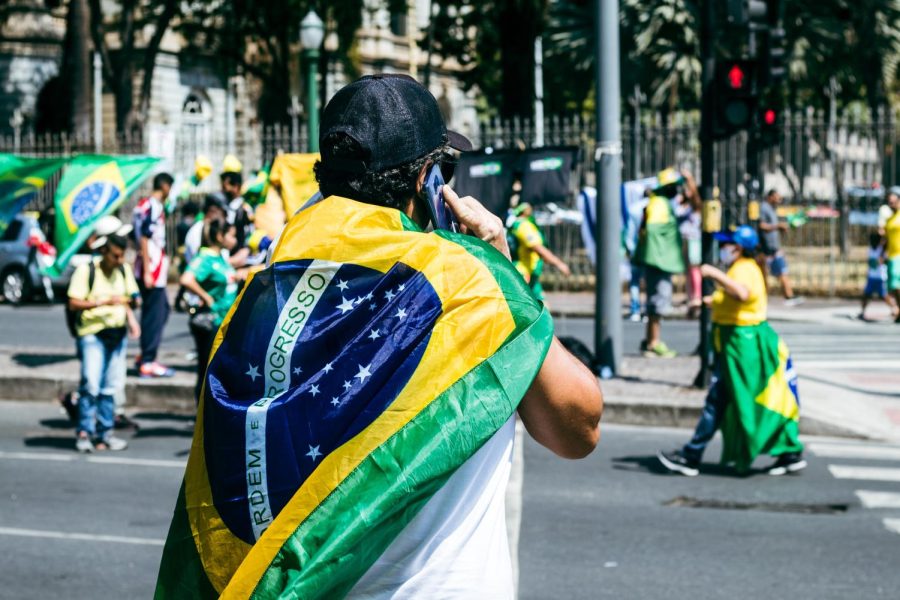Brazilians in the Bay Area Weigh in As Presidential Election Heads to Second Round
Photo by Matheus Câmara da Silva on Unsplash
On Sunday, Oct. 2, during the first round of Brazil’s high stakes presidential election, neither major candidate received more than 50 percent of the vote, forcing a runoff election scheduled for Oct. 30.
Here in San Francisco, like elsewhere around the world, Brazilians living abroad turned out in large numbers to vote.
Around 700,000 Brazilians who are not living in Brazil are registered to vote, 183,000 of them residing in the U.S.
Based on data from Brazil’s Superior Electoral Court, voter turnout on Oct. 2 was nearly 40 percent higher than the number of people who cast a ballot in the country’s 2018 elections.
“It’s very important to know that even though we’re not living there, we are in some way contributing to our country’s growth,” said Thaiz de Oliveira, a 28-year-old Brazilian who has been living in the U.S. for the past five years.
Brazil ‘s top two presidential candidates running in the second round are the country’s former president, Luiz Inácio Lula da Silva – commonly known as Lula – and the current President Jair Bolsonaro.
For Luiza, a PhD student in biology at Stanford University, the biggest concern that brought her out to vote was the environment. Amazon deforestation fell by 80 percent between 2004 and 2012 under Lula’s previous administration. But since the rightwing Bolsonaro took power in 2019, deforestation and fires in the Amazon have risen to their highest levels in 15 years.
“We need to try to protect what we still have, and recover what we already lost,” said Luiza, who cast her vote for Lula.
Even with other serious setbacks plaguing his term – likely grossly mishandling the COVID-19 pandemic – Bolsonaro got 43.2 percent of votes cast in the first round – a number much higher than polls predicted.
Marcos Araujo, who has resided in the U.S. for 24 years, said he believes democracy depends on people’s votes. Araujo, a Bolsonaro supporter, sees the election as an opportunity.
“It’s a way to expose our voices,” he said.
Bolsonaro’s electoral campaign was overshadowed by the concern that he may not accept defeat, after he said that “only God” could remove him from office and that voting machines across the country had been rigged.
The president’s threat that he may refuse to admit a loss – violating the long-held norm of democratically held elections – has unnerved his opponents.
“There’s no way to stay silent and not express our opinions in this scenario,” said de Oliveira. “Now it’s an obligation for us to vote.”







































































